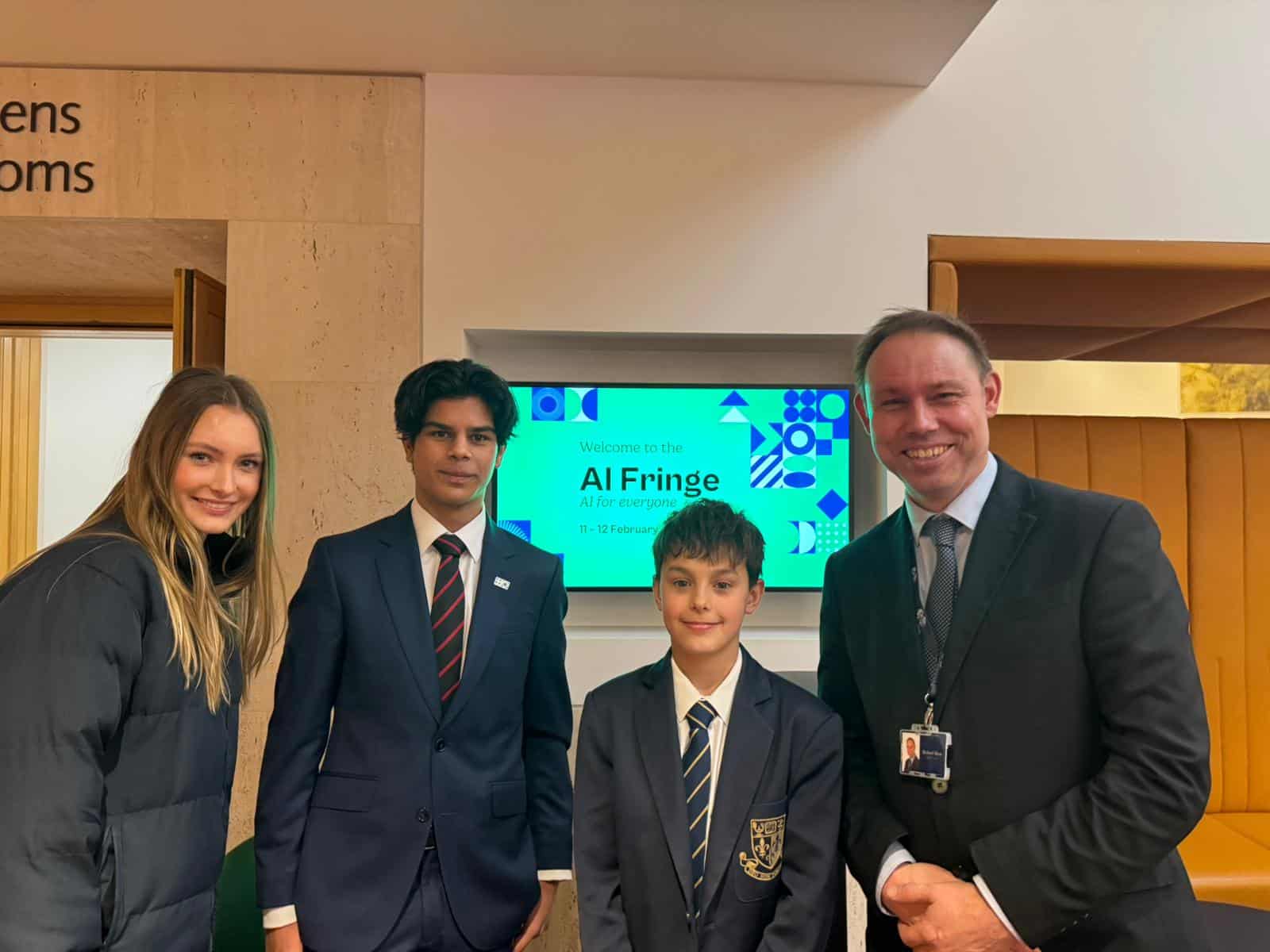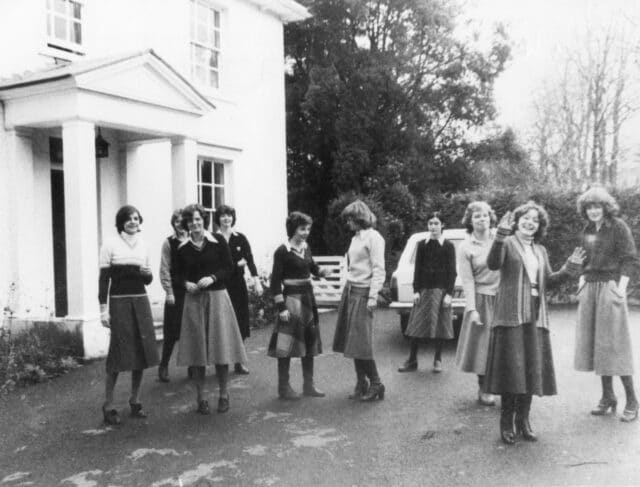After making our way from Waterloo Station, we arrived at the venue and had the chance to briefly meet the chair of the showcase debate, Lord Ed Vaizey, before taking our seats in the Pigott Theatre.
This house believes that AI will be the great equaliser
The motion of the debate was, “This house believes that AI will be the great equaliser”, and pupils had the opportunity to listen to very compelling arguments from the proposition and the opposition, consisting of AI experts.
The proposition opened with Elissa Abbara, who argued that AI has the potential to democratise education through providing all students with equal access to a range of information and guidance, helping underprivileged students to take control of their own learning.
The proposition also argued that AI could make entrepreneurship opportunities accessible to everybody, as individuals would no longer need significant financial backing to hire staff because AI can be used to handle administrative tasks, enabling more people to launch businesses independently.
AI cannot create an equal society
From the opposition, Professor Gina Neff argued that AI couldn’t create an equal society as not everybody had equal access to AI, stating that 1 in 12 people in the UK don’t even have access to the internet. The opposition also drew comparisons to past technological advancements, such as the Industrial Revolution and the rise of the internet, both of which were initially seen as forces for equality but ultimately failed to bring about an equal society.
Keanna Williams further warned against viewing AI as a “shiny new thing” that will act as a solution to society’s problems of inequality, arguing that true equality could only be achieved through human-led efforts, not technology alone.
A portion of the debate included an open-floor discussion, where questions directed at either team were taken from the audience. This gave Epsom College pupils the opportunity to engage directly with the panel through asking questions that explored topics such as AI’s potential risks for minors, whether AI should play a role in the life of every student, and how the international race to lead in AI development might influence the arguments presented.
As the event concluded, we got the opportunity to meet the panel, as well as share our opinions. The AI Fringe event was an amazing opportunity that we are very grateful for, prompting us to think about one of the most pressing issues of our time: What does a future shaped by AI look like?






